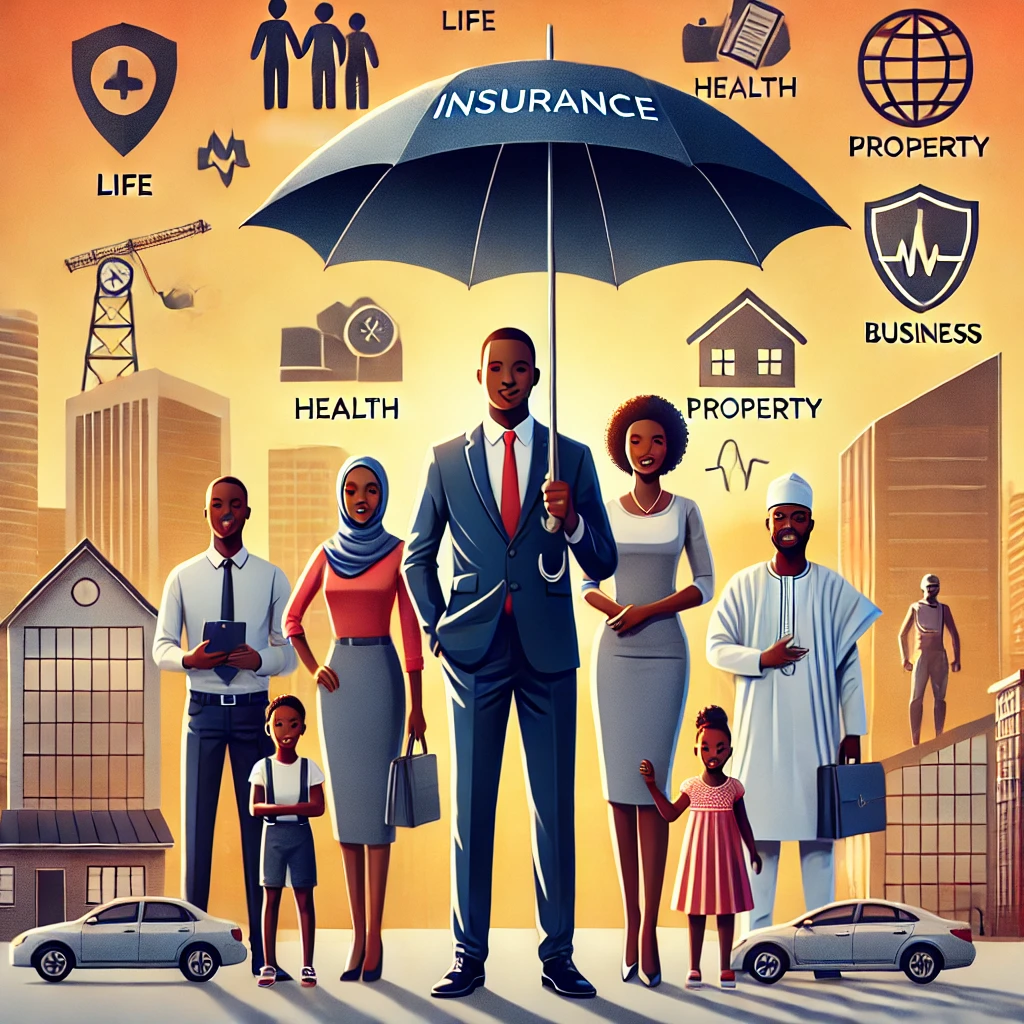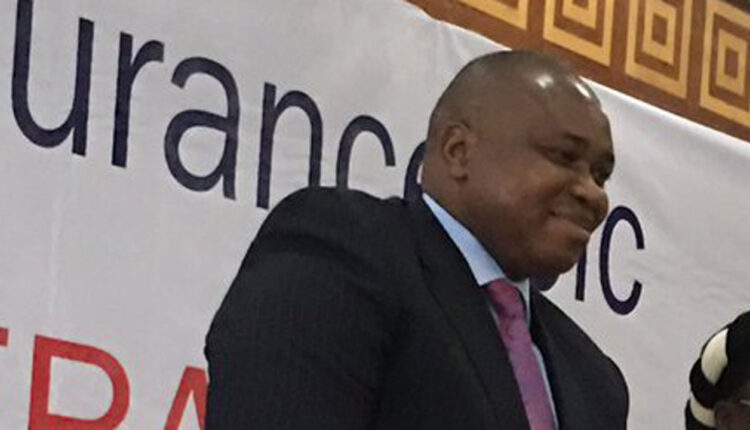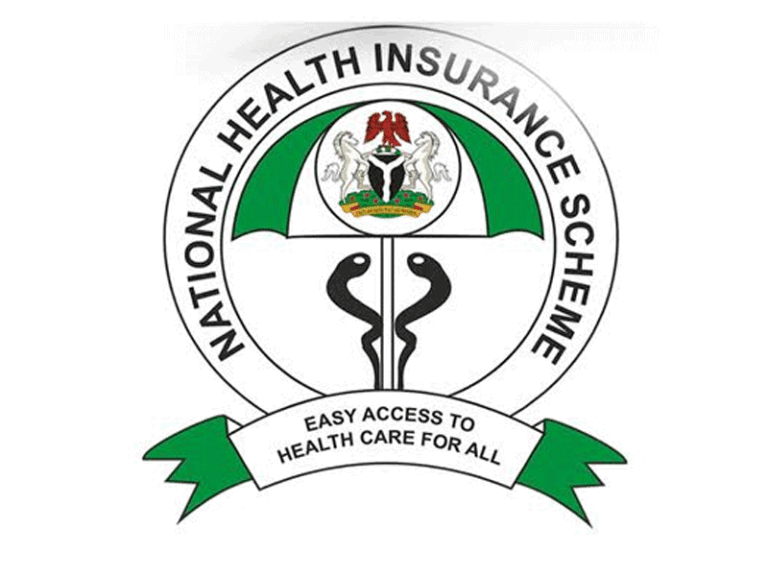
Insurance is an essential financial tool that provides protection and peace of mind against unforeseen events. Yet, in Nigeria, misconceptions about insurance remain pervasive, preventing many individuals and businesses from leveraging its benefits. This article addresses some of the most common myths about insurance in Nigeria and provides clarity to help Nigerians make informed decisions.
Myth 1: Insurance is Only for the Rich
Many Nigerians believe that insurance is a luxury reserved for the wealthy. This misconception likely stems from a lack of awareness about the variety of affordable insurance products available.
Reality:
Insurance is for everyone, regardless of income level. Insurance companies in Nigeria offer a wide range of products tailored to meet different financial capacities. For example:
- Microinsurance: Designed for low-income earners, providing affordable coverage for health, life, and property.
- Third-party motor insurance: Legally required for vehicle owners, it’s affordable and ensures coverage for damages caused to others.
- Life insurance policies: These start at relatively low premiums and provide financial security for loved ones.
The idea that only the wealthy need protection is flawed—everyone faces risks, and insurance helps mitigate them.
Myth 2: Insurance Companies Don’t Pay Claims
A widespread narrative suggests that insurance companies avoid paying claims, leading to mistrust in the industry.
Reality:
While there have been cases of claim disputes, most reputable insurance companies in Nigeria adhere strictly to regulatory standards. The National Insurance Commission (NAICOM) enforces rules to ensure transparency and fairness in claims settlement.
To ensure smooth claims processing:
- Understand the terms of your policy before purchase.
- Provide accurate and complete information during the application process.
- Maintain proper documentation in case of a claim.
By choosing well-established insurance providers and adhering to policy guidelines, the chances of disputes are significantly reduced.
Myth 3: Insurance is Too Complicated
The belief that insurance policies are too complex to understand deters many Nigerians from exploring coverage options.
Reality:
Insurance may seem complicated due to technical jargon, but insurers are simplifying their processes. Many companies now provide:
- Customer education programs to explain policies in simple terms.
- Digital platforms where customers can easily compare and purchase policies.
- Agents and brokers who guide clients through the process.
Taking time to ask questions and read through the fine print with the help of a trusted advisor can demystify the process.
Myth 4: Insurance is Not Necessary Because of “God’s Protection”
Religion plays a central role in Nigerian society, and some believe that faith alone will protect them from harm or loss.
Reality:
Faith is important, but insurance provides a practical backup plan for life’s uncertainties. Having insurance doesn’t negate faith; it complements it by ensuring that unexpected events don’t cause financial devastation. For example:
- A business owner with property insurance can rebuild after a fire.
- A parent with health insurance can afford hospital bills for a sick child.
Preparing for the unexpected is an act of responsibility, not a lack of faith.
Myth 5: Insurance is a Waste of Money if Nothing Happens
Some believe that paying for insurance is futile if they don’t make a claim during the policy period.
Reality:
Insurance is not about immediate returns; it’s about protection. Much like wearing a seatbelt, you hope never to need it, but it’s invaluable in an emergency.
Additionally, certain policies, such as life insurance or investment-linked policies, provide benefits even if no claims are made.
For instance:
- Life insurance policies often come with savings or investment components, ensuring you get value over time.
- Health insurance encourages routine check-ups, promoting long-term wellness.
Myth 6: Insurance is Only for Large Businesses
Some small business owners think insurance is irrelevant to their operations.
Reality:
Small businesses are often more vulnerable to risks like theft, fire, or legal liabilities. Products like business interruption insurance, public liability insurance, and fire insurance are designed to protect small enterprises from crippling losses.
For instance, a tailor’s shop destroyed by fire can be rebuilt with the help of an insurance payout, preventing financial ruin.
Myth 7: All Insurance Policies Are the Same
This myth leads to customers choosing policies based on price alone, without considering their specific needs.
Reality:
Insurance policies vary widely in terms of coverage, exclusions, and benefits. Before purchasing, it’s crucial to:
- Assess your needs and risks.
- Compare policies from different providers.
- Understand the coverage and exclusions.
By doing so, you can select a policy that provides optimal value for your circumstances.
Building Trust and Awareness in Insurance
The insurance industry in Nigeria has made significant strides in addressing these misconceptions. Initiatives like awareness campaigns, regulatory reforms, and digital transformation are helping to build trust and encourage wider adoption.
How You Can Benefit:
- Start small: Explore affordable options like microinsurance.
- Ask questions: Consult an insurance broker or agent to clarify doubts.
- Stay informed: Follow trusted insurance providers for updates and resources.
Conclusion
Debunking these myths is a step toward unlocking the potential of insurance in Nigeria. Insurance isn’t just for the rich or large corporations—it’s for everyone seeking financial security and peace of mind. By understanding the facts and exploring your options, you can make informed decisions to protect yourself, your family, and your business against life’s uncertainties.
Embrace insurance as a tool for empowerment and security, and take the first step today!











